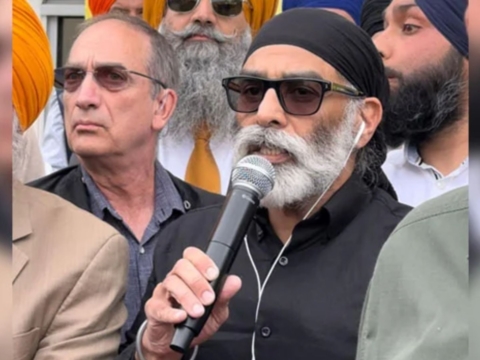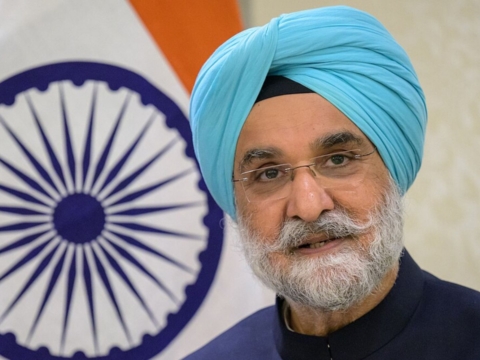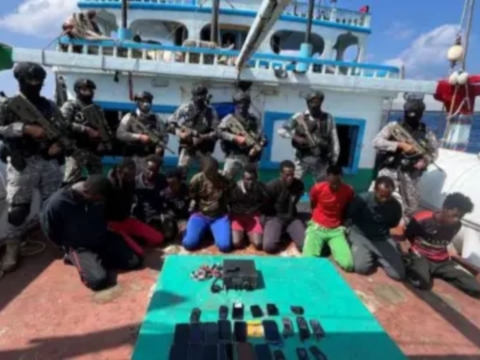
No words can fully erase the suffering of Komagata Maru victims. Today, we apologize and recommit to doing better. pic.twitter.com/NsryzhUbp1
— Justin Trudeau (@JustinTrudeau) May 18, 2016
When the ship set sail, which was chartered by a Sikh businessman with ties to an influential Sikh political party in the Americas, its arrival in Canada was anticipated and warned residents of an impending “Hindu invasion.” Sir Richard McBride, the Conservative premier of British Columbia at the time, sent a clear message of racism on the evening the Komagata Maru arrived in Vancouver.
“To admit Orientals in large numbers would mean the end, the extinction of the white people,” he said. “And we always have in mind the necessity of keeping this a white man’s country.”
After a standoff which lasted nearly two months, which in its most heightened stage included demonstrations by ethnic Indians on Vancouver’s shores, the ship was ultimately ordered and forced to leave. It then set sail for Calcutta, now Kolkata, in India. When it arrived, British colonial authorities raided the ship, searching for suspected Sikh radicals on board. During the search, 19 passengers were killed by security forces, and several others were arrested.
“Mr. Speaker, today I rise in this House to offer an apology on behalf of the Government of Canada, for our role in the Komagata Maru incident,” Trudeau began at the end of Question Time in the House of Commons on Wednesday.
“Today – while knowing that no words can fully erase the pain and suffering experienced by the passengers – I offer a sincere apology on behalf of the government for the laws in force at the time that allowed Canada to be indifferent to the plight of the passengers of the Komagata Maru,” he said.
“Canada cannot solely be blamed for every tragic mistake that occurred with the Komagata Maru and its passengers. But Canada’s government was, without question, responsible for the laws that prevented these passengers from immigrating peacefully and securely. For that, and for every regrettable consequence that followed, we are sorry,” Trudeau concluded, to a standing ovation in the chamber.
See archival photos of the Komagata Maru and its passengers.https://t.co/eLY8CXQBse
— CanadianPM (@CanadianPM) May 18, 2016



